Xi reenacts a grand spectacle by giving the table top a clean wipe much like his predecessors did.
The difference is clear with many visual markers of free spending gone.
I don’t agree with the headline bias saying Xi’s rule. The way the leadership is structured is not as such.
Certainly the symbolism of this act to capture the hearts of the people will help give a boost to consensus, but whether what continues under the table gets fixed requires a new paradigm on building relations in its familial, clan, and organisational hierarchal structures.
That Xi Jinping was formerly in the business of fighting corruption is a plus to his street cred, but with so increasing external matters of concern, how much time and conviction he can devote to following this through is important. Whether corruption Fire Chief Wang Qishan manages to enforce this uniformly throughout the party’s internal power bases will also be critical.
Having seen my city of ancestry half built due to the excesses of free wheeling corruption in the early days of opening up, this is encouraging. No one speaks of Shantou when SEZs are mentioned. That it was, early with Zhuhai, Xiamen and Shenzhen given licence to roam should have resulted in a giant leap forward. It did not – half built roads aplenty and children playing in a canal full of rubbish and plastic bags were the common scene in my travels on foot. Wealthy overseas Chinese Teochews tried revitalizing it but failed.
Equitable growth starts by the top leading by example, at the very least, symbolically.
Deng’s maxim still abides.
– – –
Elite in China Face Austerity Under Xi’s Rule
By Andrew Jacobs
Source – New York Times, published March 27, 2013
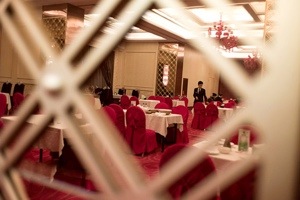
Photo by Sim Chi Yin for The New York Times
A branch in Beijing of Xiang E Qing, a restaurant chain popular with government officials, was quiet at lunchtime recently.
BEIJING — Life for the almighty Chinese government official has come to this: car pools, domestically made wristwatches and self-serve lunch buffets.
In the four months since he was anointed China’s paramount leader and tastemaker-in-chief, President Xi Jinping has imposed a form of austerity on the nation’s famously free-spending civil servants, military brass and provincial party bosses. Warning that graft and gluttony threaten to bring down the ruling Communists, Mr. Xi has ordered an end to boozy, taxpayer-financed banquets and the bribery that often takes the form of a gift-wrapped Louis Vuitton bag.
While the power of the nation’s elite remains unchallenged, the symbols of that power are slipping from view. Gone, for now, are the freshly cut flowers and red-carpet ceremonies that used to greet visiting dignitaries. This month, military officers who arrived here for the annual National People’s Congress were instructed to share hotel rooms and bring their own toiletries.
Read the rest of this entry »
Filed under: Beijing Consensus, Chinese Model, Collectivism, Confucius, Culture, Domestic Growth, Economics, Finance, Government & Policy, Lifestyle, Mapping Feelings, Modernisation, New Leadership, People, Politics, Public Diplomacy, Reform, Social, Soft Power, Strategy, Tao Guang Yang Hui (韬光养晦), The Chinese Identity, Xi Jinping


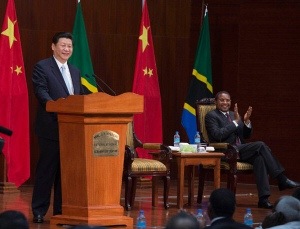
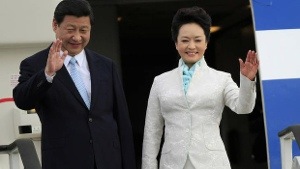




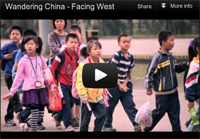

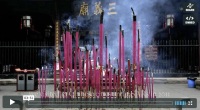



The Sharing Circle